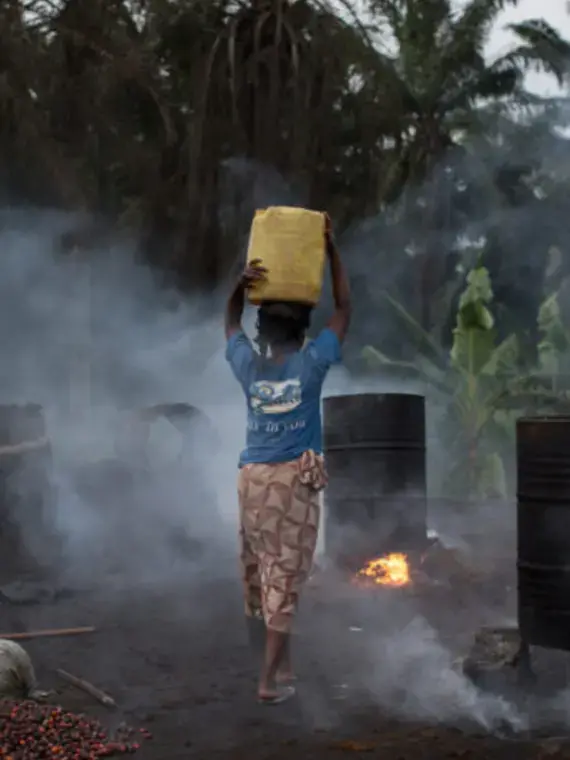In 2019, a group of 10 NGOs sued Bollore Group in a French court over commitments it made to residents and workers at its palm oil plantation in Cameroon. They accused the Bollore Group of reneging on a 2013 agreement to address the devastating impact of its operations on farming communities, as well as compensation for communities for the loss of resources and land.
A 2022 investigation by Global Witness shows that SOCFIN Group rubber production activities have contributed to the loss of about 52,000 hectares of forest in West Africa. This has increased climate change vulnerability in Cameroon including a host of problems for biodiversity and food insecurity. According to Greenpeace, SOCFIN Group’s refusal to adopt a zero-deforestation policy based on the industry standard set by the High Carbon Stock (HCS) approach also represents a major threat to forests in West Africa.
Recent studies suggest that 4.3 to 8.5 million hectares of new plantations is needed to meet the demand for natural rubber by 2024.



